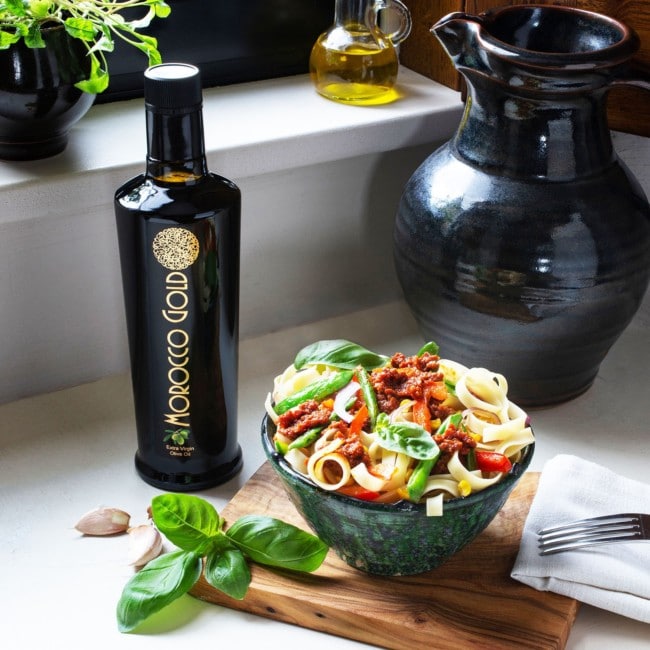
Summary
- Extra virgin olive oil is such a useful store cupboard essential for followers of popular diets like the Keto and Mind diets.
Contents
- Introduction : Extra Virgin Olive Oil As A Key Diet Component
- How Can Extra Virgin Olive Oil Help With Weight Loss Diets?
- Extra Virgin Olive Oil And The Mediterranean Diet
- Extra Virgin Olive Oil And The Keto Diet
- Extra Virgin Olive Oil For the MIND Diet
- Ways To Introduction Use Extra Virgin Olive Oil For Weight Loss
Introduction: Extra Virgin Olive Oil As A Key Diet Component
Why is extra virgin olive oil such a useful store cupboard essential for followers of popular diets? Put simply, it is because it is one of the most versatile food products available and – most importantly – is high in monounsaturated fat. Consumers looking to manage their weight, cholesterol and heart health choose diets which eliminate unhealthy fat or substitute them with healthy alternatives such as Morocco Gold extra virgin olive oil.
What Is In 1 Tablespoon Of Extra Virgin Olive Oil?
One serving or 1 tablespoon of extra-virgin olive oil contains the following:
- 120 calories
- 10 grams of monounsaturated fat
- 2 grams of saturated fat
- 2 grams of polyunsaturated fat
- 1.9 milligrams of vitamin E (10 percent of Daily Value)
- 8.1 micrograms of vitamin K (10 percent of DV)
What are Monounsaturated fats?
If a pair of carbon atoms in the fatty acid chain is linked by a double bond instead of a single bond, the fatty acid is described as monounsaturated. Fats rich in monounsaturates tend to be liquid at room temperature. Olive Oil is one of the richest sources of monounsaturated fatty acids.
Monounsaturated fats—omega-6s in the case of olive oil—are important because they help boost heart health. This is important for helping prevent health issues such as cardiovascular disease or stroke.
How Can Extra Virgin Olive Oil Help With Weight Loss Diets?
We all know that extra virgin olive oil (EVOO) is great for drizzling over salads and creating that perfect bruschetta. It is, unquestionably the most flavor-some and aromatic of all the olive oils. It is also incredibly healthy. EVOO has been widely researched and the health benefits are evidence based including:
- EVOO reduces the risk of cardiovascular diseases
- EVOO has beneficial effects on ulcers and gastritis
- EVOO maintains the digestive tract in good health
- EVOO helps to reduce blood pressure
- EVOO controls healthy cholesterol levels
- EVOO eases or prevents diabetes
- EVOO lessens the severity of osteoporosis
Is Extra Virgin The Best Olive Oil For Weight Loss/Mind Diets?
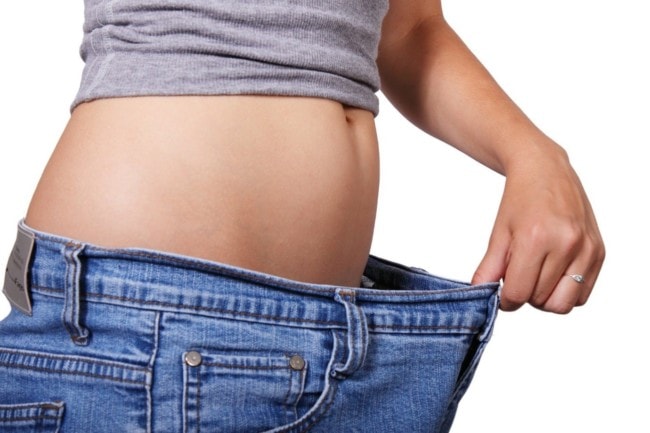
Extra virgin olive oil has now been shown to have proven weight-loss properties, which can be achieved by having three tablespoons or about 50ml of Extra Virgin Olive Oil a day. These are the findings of US nutritionist and associate professor of clinical medicine Dr Mary Flynn, who’s been studying the effects and health benefits of extra virgin olive oil since the 1990s.
“The general body of research says that once you have two or more tablespoons a day, you’ll improve your blood pressure, your glucose levels and your good cholesterol,” Flynn says. “But I’ve found that the weight-loss effect comes into play at three tablespoons, so that’s what I recommend. It’s an amazing food – it does all these things that help your body, plus it tastes good.”
However consuming three tablespoons of EVOO isn’t enough to start shedding the kilos, Flynn says, explaining that the weight-loss effect kicks in when it’s combined with a healthy Mediterranean-style diet. This is rich in vegetables, fruit, legumes and whole grains, moderate in dairy and low in meat (about three serves of white meat or fish a week for women, and red meat only once or twice a month). “This way of eating essentially takes the calories you’d normally be consuming with meat and gives them to vegetables and EVOO,” she says.
Flynn proved the success of a diet that’s high in healthy fats in 2010 with a study of 44 women over 50 who’d become overweight during breast cancer treatment. Each woman trialled two eight-week diets. Flynn’s EVOO-based diet and a low-fat food plan as recommended by the US National Cancer Institute. Both diets were made up of 1500 calories a day.
After the 16 weeks, the average weight loss was 7kg, however, the women lost twice as much on the EVOO diet as the low-fat diet. They also showed improved breast cancer biomarkers, lower triglycerides and higher levels of the “good” HDL cholesterol. In addition, when the women were asked to choose the diet they preferred all but one chose the EVOO diet. They found the food more appetising, accessible and affordable.
While the benefits of being a healthy weight are particularly important to women who’ve had breast cancer (being overweight increases the risk of the cancer recurring), being overweight or obese also increases the risk of cancer and other illnesses generally. “I recommend this EVOO diet to everyone,” says Flynn.
It’s important to note that when Flynn refers about “olive oil”, she’s talking about extra-virgin olive oil, like Morocco Gold which is rich in nutrients.
Extra Virgin Olive Oil And The Mediterranean Diet
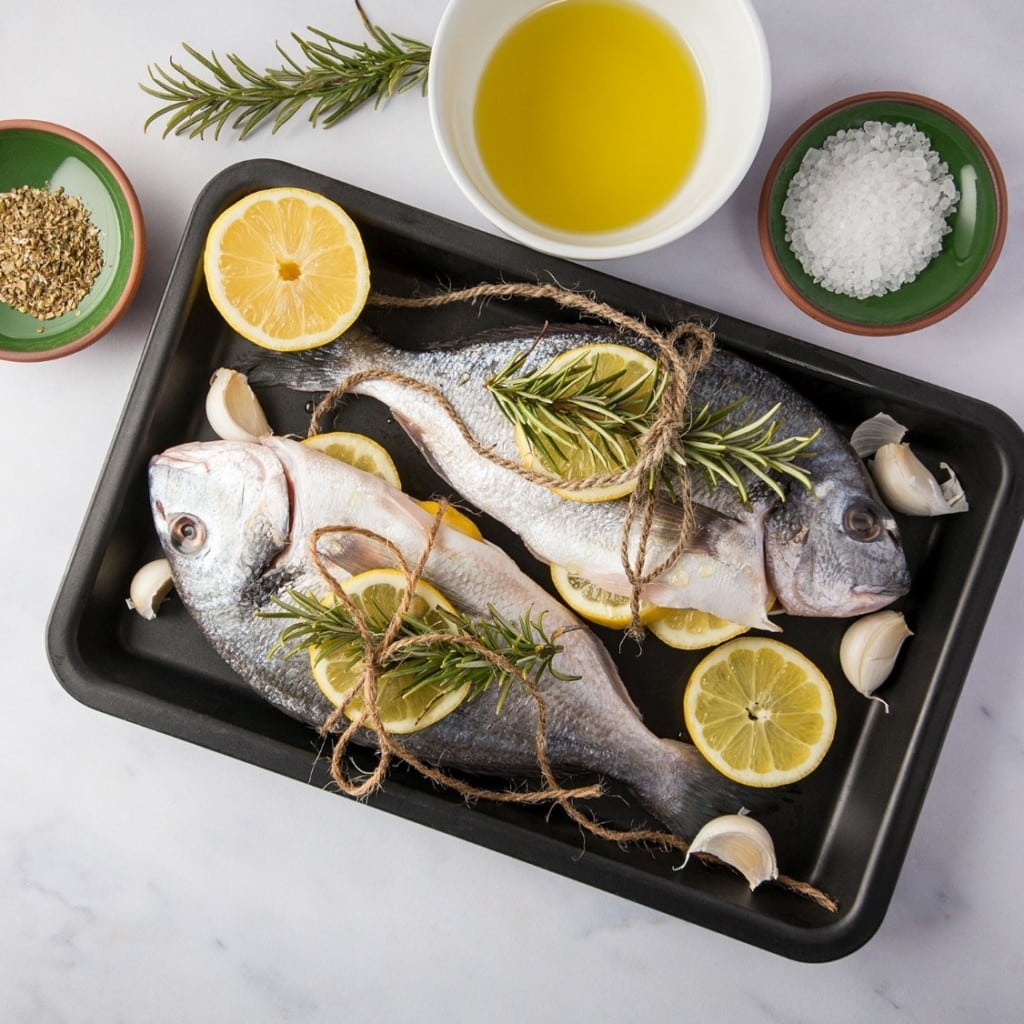
The Mediterranean diet has been selected as the best diet of 2020 by the U.S. News and World Report. It was the third consecutive year that the eating plan was selected as the top healthy diet.
Extra virgin olive oil is an integral part of the Mediterranean diet. A healthy diet that is associated with sensible tasty portions and slower, more enjoyable eating. People who eat a Mediterranean diet have been shown to have a remarkable variety of health benefits. The extra virgin olive oil in the Mediterranean diet can quickly satisfy hunger. It can lead to fewer total calories ingested at mealtime.
Extra virgin olive oil is one of the few oils that can be eaten without chemical processing. For instance, nearly every other vegetable oil has been detoxified and refined with steam and solvents. Fresh pressed extra virgin olive oil can be eaten immediately. It retains the natural flavours, vitamins, minerals, antioxidants, and other healthy products of the ripe olive fruit.
In 1958 Ancel Keys, a physiologist from the University of Minnesota School of Public Health observed that incidents of coronary heart disease were more common in middle-aged Americans. More than their European counterparts living in Mediterranean countries. He postulated that a correlation existed between people’s risk for heart disease and their eating habits and lifestyle. This observation led Keys to launch his seminal study. Participants from seven countries around the world – the United States, Italy, Greece, Yugoslavia, the Netherlands, Japan and Finland. After that, the hypothesis was tested.
Country Research About The Mediterranean Diet
Consequent research showed a large discrepancy in the incidence and mortality of heart disease among the monitored populations. Participants from Italy and Greece, who had similar eating habits, had the lowest heart disease rates among other participants. The same was true for their Japanese counterparts, whose diet was also plant-based, but lacked the unsaturated fat that Mediterranean populations were receiving mainly from olive oil.
Participants from Finland and the United States, on the other hand, had the highest rates of heart disease due to their high intake of saturated animal fat, the research concluded. The Seven Countries Study demonstrated that low rates of heart disease can occur both with a low and a high intake of fat, depending on its nature and the dietary habits of the participants.
The revelation led to the formal definition of the Mediterranean diet in 1980. First published by Harvard University.
Harvard Medical School Food Pyramid

The Harvard Pyramid is based on the Mediterranean diet. Its structure came from the diets of the inhabitants of Crete and Southern Italy in the 1960’s. Presented in 1993 by Walter Willett of the Harvard School of Public Health at the International Conference on the Mediterranean Diet held in Cambridge Massachusetts. Note that olive oil is one of the basic components. This pyramid has enjoyed decades of increasing acceptance.
According to the Harvard Medical School Food Pyramid, the total amount of fat you eat, whether high or low, is not really linked with disease. Similarly, what really matters is the type of fat you eat. In other words, the “bad” fats, saturated and trans fats, increase the risk for certain diseases. Similarly, the “good” fats, mono-unsaturated, and poly-unsaturated fats like those contained in extra virgin olive oil lower disease risk. In conclusion, the key to a healthy diet is to substitute good fats for bad fats and to avoid trans fats.
Markos Klonizakis, a clinical physiologist at Sheffield Hallam University, in England, said one of the benefits of the Mediterranean diet is that there are many variations, making it adaptable across cultures. In addition, Klonizakis argues that the eating preferences of people can be shaped by many factors and the current pandemic may be one of them.
“Unhealthy food is easier to prepare. Maybe the coronavirus pandemic is a chance for us to start eating better,” he said. “Of course, eating patterns are also a matter of trend, for example, the vegan regime has many adherents even though its benefits are not widely established, but nutritional tradition usually endures through time.”
Mediterranean Diet Research
Brynn McDowell, an American dietician, and blogger agree that the Mediterranean diet is likely to continue growing in popularity in the U.S. She said the flexibility of the diet plays a big part in making it an easy eating plan to follow. “Therefore, there aren’t any strict rules. Instead, it’s based on a set of guidelines. Including more fruits, vegetables, whole grains, legumes, beans, nuts, and of course extra virgin olive oil. Emphasis is placed on what you should add to your diet for health. While some foods, such as red meat and sugary desserts and pastries, are recommended to be enjoyed in moderation, they aren’t forbidden. This makes the Mediterranean diet easily customizable to your lifestyle.” Research has been conducted into the mind diet (see later) to see a link between diet and Neurodegenerative Delay.
McDowell sees this flexibility as a way to prevent consumers from getting frustrated by the limitations of the diet. A key reason why people find more strict diets harder to follow. Lastly, in 2013, the Mediterranean Diet was named as a UNESCO Intangible Cultural Heritage of Humanity for both its health benefits and its cultural importance to the Mediterranean region.
Extra Virgin Olive Oil And The Keto Diet
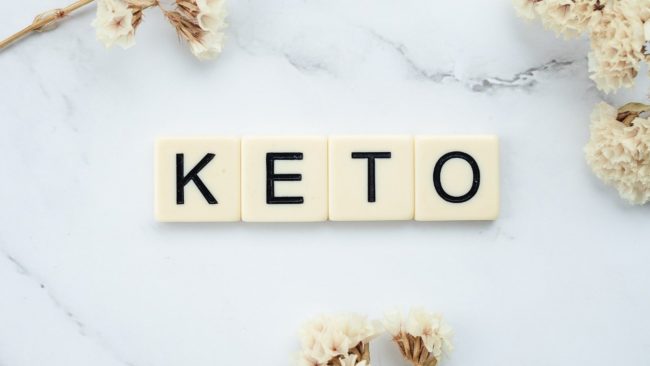
There always seems to be something new in diet trends with each claiming impressive health transformations and stating how incorporating certain restrictions will help train your body to be healthier and feel better.
One such diet trend that has grown in popularity in recent years has been the Keto diet. The keto, or Ketogenic, diet focuses on fat over carbs. It is low in carbohydrates and high in healthy fats, designed to keep blood sugar at healthy levels and enhance metabolism. It gets its name from turning fat into ketones in improving your body’s metabolism, a metabolic process called ketosis.
We already know that extra virgin olive oil comes with its own impressive list of health benefits. In addition to providing essential antioxidants, serving as an anti-bacterial, preventing gallstones and serving your skin, extra virgin olive oil is also high in monounsaturated fats. These fats are an important part of your diet and rightly fits well within the keto diet.
About The Keto Diet
While there are several types of the keto diet, including cyclical and targeted, the standard diet breaks down your food intake into about 75% fat, 20% protein and just 5% of your diet for carbohydrates. Variations flex those numbers slightly but still are founded on high fat and protein with low carbohydrates. While a keto diet isn’t right for everyone, it does come with great health benefits like weight loss and helping diabetes. It has also been linked to reducing symptoms of Alzheimer’s disease, improving acne, improve risk factors for heart disease and even reduce the effects of epilepsy.
When pursuing a keto diet lifestyle, for either short long term, there are key foods that you avoid in order to follow the 75% fat, 20% protein and 5% carbs. Most obviously, sugary foods like sodas, cakes, ice cream, candy and others are to be cut out or limited. With a low level of carbohydrates, grains and starches like pasta, rice, cereals and more are limited.
An interesting feature of the keto diet includes the limitation of most fruits and root vegetables, as these are high in healthy carbohydrates. While these food groups are obviously important to keep in your diet in order to get the necessary vitamins and nutrients, a keto diet puts a limit on such carbohydrates. Be sure you are careful to still get all those important vitamins and nutrients you need to live well.
This type of diet also highlights healthy fats, such as monounsaturated. Therefore, it’s important to limit your intake of unhealthy fats. Additionally, products that are low-fat and sugar-free are highly processed and should be limited or excluded when following a ketogenic diet.
Although the percentages of food intake may seem tricky, there are some great and easy ways you can make it happen, especially in using oils and vinegars in your dishes. In fact, we’ve even hosted a cooking class highlighting this latest health craze.
Using Extra Virgin Olive Oil As Part Of Your Keto Diet
Perhaps one of the easiest ways to incorporate extra virgin olive oil into your keto diet is through a vinaigrette. This combination of extra virgin olive oil and balsamic vinegar comes with endless possibilities and be catered to exactly what you like.
In addition to using your extra virgin olive oil in a vinaigrette for your low-carb salads, you can incorporate it into so many more of your favourite keto dishes. Roast asparagus, zucchini or broccoli drizzled with extra virgin olive oil. Sauté your chicken in extra virgin olive oil. Incorporating more extra virgin olive oil into your keto diet can add both flavour and elevated health benefits.
If you are thinking about the keto diet be sure to talk with your doctor before starting the plan. But once you do, discover how you can add increased health benefits by incorporating extra virgin olive oil into your regular routine.
Extra Virgin Olive Oil For the MIND Diet

What is the MIND Diet?
The MIND (or Mediterranean-DASH Intervention for Neurodegenerative Delay) diet combines the nutritional eating habits of the popular Mediterranean Diet and the DASH (Dietary Approaches to Stop Hypertension) diet.
IThe mind diet was developed by researchers to reduce the risk of developing Alzheimer’s Disease, by affecting the biological mechanisms, including oxidative stress and inflammation, that underline Alzheimer’s.
MIND (acronym for Mediterranean-DASH Intervention for Neurodegenerative Delay) is a collaboration between researchers at Rush University, Harvard School of Public Health, Brigham & Women’s Hospital and the National Institute on Aging, with the support of the National Institutes of Health (NIH)
But what exactly should I eat if I choose to follow this plan?
Extra Virgin Olive Oil Is One Of Top Ten Foods In MIND Diet.
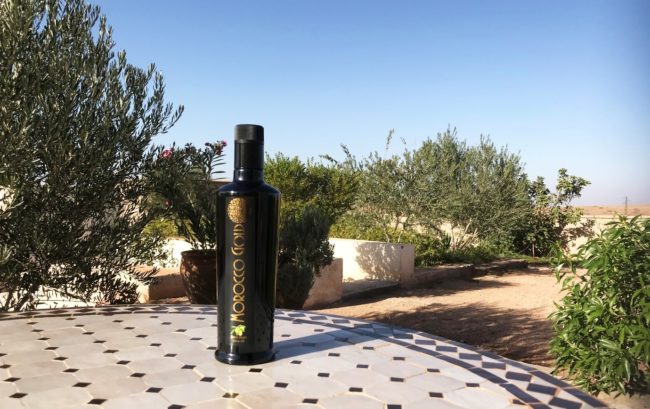
According to a recent article in Explica.co, The best olive oil such as Morocco Gold Extra Virgin Olive Oil (which has a high concentration of anti-oxidants known as Polyphenols) is number 3 on the list of 8 foods to eat on the MIND diet. Also making the list for the mind diet are:
- Leafy vegetables
- Nuts (including Walnuts)
- Berries
- Whole Grains
- Fatty Fish
- Beans & Lentils
- Poultry
When following the MIND diet, you are advised to limit red meat, candy, cheese, butter, margarine and fast and fried foods.
Early studies show that adherence to the principles of the MIND Diet lowers risk of Alzheimer’s by 53% in those who follow it closely and by 35% in those who follow more loosely. According to Webmd.com the recommendation the mind diet was originally intended for healthy older adults, but in 2018 it was expanded to also apply to octogenarians who have had a stroke.
But extra virgin olive oil could also provide greater benefits for your mental health when compared to coconut or avocado oil, as per new research published in the journal Aging Cell. New research has found that making Extra Virgin olive oil one of your diet’s staples could help keep your memory skills intact as you age and may also greatly reduce your risk of dementia in later years. The research, which was published after conducting various tests on mice, suggests that the purest forms of olive oil can help break down the build-up of an abnormal protein in the brain.
While the scientific community has failed to discover a singular cause of Alzheimer’s Disease and dementia, many experts regard the elevated presence of tau (a kind of protein) in the brain as a main marker for the disease, as they can interrupt important communication functions. The newly published research found that diets high in Extra Virgin olive oil can effectively decrease the build-up of tau and possibly slow or stop advancing neurodegenerative diseases.
Other Ways To Use Extra Virgin Olive Oil For Weight Loss
Extra virgin olive oils the perfect companion for all kinds of food and you can add it in any culinary preparation. But if you are interested in losing a few extra kilos, here are some ways to use extra virgin olive oil to lose weight.
Extra Virgin Olive Oil With Lemon
One way to use extra virgin olive oil to lose weight is to combine it with lemon. One of the most powerful remedies that exist to purify and eliminate toxins from your body. Lemon contains, in addition to vitamin C, hesperidin. A flavonoid that contributes to improve the function of lymphatic drainage and, with it, the retention of liquids. Take some extra virgin olive oil with half a lemon at breakfast and you will see how your figure is improving little by little.
Extra Virgin Olive Oil With Ginger
Ginger is a root that, when ingested, produces a thermogenic effect in the body. Ginger is able to activate your nervous system and, as a consequence, activate all processes that produce energy (which also supplies fat). That is, ginger is a natural fat burner. Another excellent way to use extra virgin olive oil for weight loss. Add some ginger and extra virgin olive oil to dress your salads.
Extra Virgin Olive Oil With Cucumber
Good weather is synonymous with lots of fruit and vegetables. And among them are the cucumbers. Delicious and very refreshing. A food that helps you lose those extra pounds. Its high-water content makes it have a low amount of calories. In addition, cucumber contains a lot of fibre that helps eliminate toxins from the body. Add extra virgin olive oil to a couple of cucumbers and you will get a great starter that will help you lose weight.
Extra Virgin Olive Oil With Cayenne Pepper
Although it may not seem like it, cayenne pepper is a digestive stimulant. This spice stimulates the production of juices and gastric enzymes that digest the food you eat, eliminating the toxins that are generated in your body. It also speeds up metabolism and fat burning. A trick to add some cayenne pepper to a daily ‘shot’ of extra virgin olive oil.
Extra Virgin Olive Oil In Smoothies
Detoxifying green shakes to reduce weight have become fashionable. And with good reason. They are a time bomb against the body’s fat and toxins. Full of vitamins, minerals, fibre and other nutrients that help keep your weight at bay. But you can enhance its power much more, and especially the flavour of these shakes, adding a little extra virgin olive oil.
